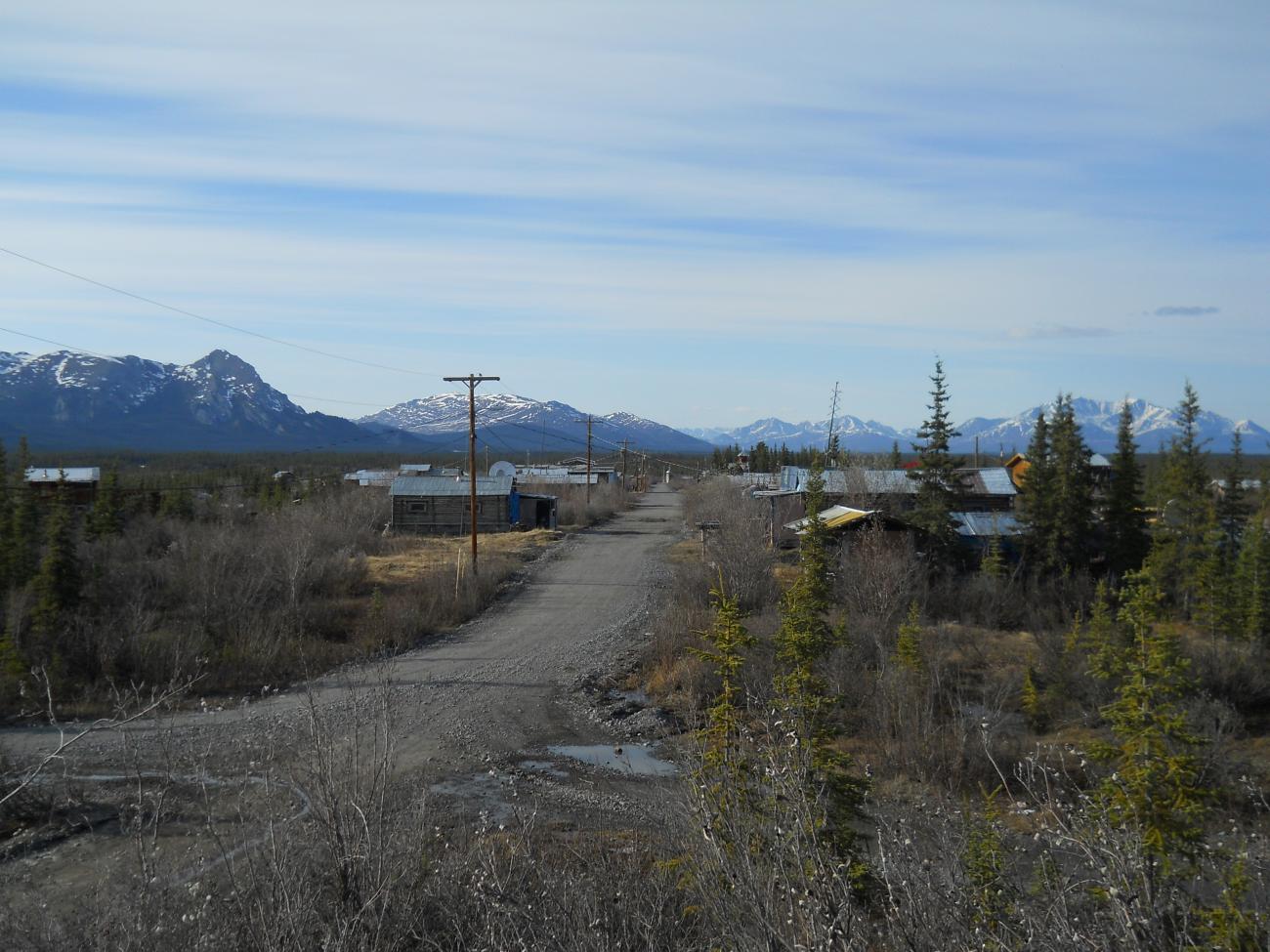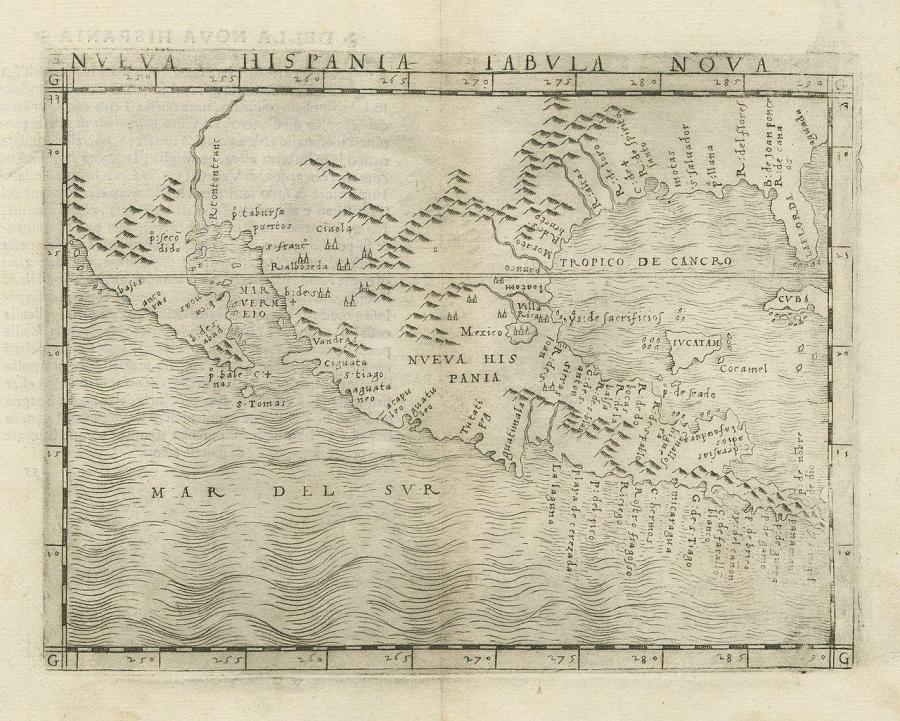
By Matthew Gilbert
Winds whistling through abandoned houses where Native families once lived. Village schools are closing down due to low student numbers. Over the last few years, a surge in energy costs in rural Alaska caused by Hurricane Katrina in 2005, has made it nearly impossible for many Native families to pay electrical and heating bills, and as a result, outmigration increased. Alaska Native leaders worry about the futures of their villages.
The First Alaskans Institute interviewed thousands of Natives at the 2008 Alaska Federation of Natives Convention, and found lack of employment, dissatisfaction with village education, and the high electrical and heating costs as the three main factors driving the exodus to the cities.
The Gwich’in Elders and youth of Arctic Village explored outmigration with me. Trimble Gilbert is the Second Traditional Chief of the Tanana Chiefs Conference and the Traditional Chief of Arctic Village. He started by saying his ancient Gwich’in culture has lasted for thousands of years, because it was a culture was of sharing and support and has continued to this day: a way of life that made all Gwich’in people healthy.
“In the early times, the only way to make money was by selling moose and caribou skin. Not much money was made from the trading, but life was good.” Trimble says. People only bought hunting materials and there was no waste or hand-outs, because everyone worked for a living, he says. Nevertheless, all this changed in the 1980s with the building of the Trans-Alaska Pipeline System (TAPS) to transport crude oil from the North Slope to the barges in Valdez, then to the contiguous United States.
The construction of the pipeline boosted Alaska’s economy and put dollars into the pockets of all who worked on it, Non-Native and Native. Alaskan cities turned into boomtowns full of liquor, commerce, and gambling, and many Natives were partaking too.
Trimble claims this flood of money created changes in the values of Native people which has continued to this day. However, the positive side of the money influx was that child starvation declined in semi-traditional villages, since grocery stores were opened.
Trimble recalls how many young Native people who moved to Fairbanks from Arctic Village died from alcoholism. “Addiction and gambling, they get addicted and don’t want to return home, and end up homeless. I was down at the graveyard this past Memorial Day and saw all the young men and women who died from alcohol. If they were living in Arctic Village, they would still be alive.”
Trimble says, Natives were the keepers of the land and all its food and vegetation. Nobody moved away from their lands, not even when it got really cold. “People should think back and honor our Elders who survived for thousands of years. Elders told me, ‘Don’t leave the children behind,’ so my wife and I stayed here. Our ancestors are buried here too, we can’t just leave them."
Sarah James is a world-famous Gwich’in leader and lives in Arctic Village. At the 2011 Arctic Village High School graduation ceremony, she told the students. "Whether you’re living in the village or the city, you have to respect and live in both worlds.” She says. “I’m not encouraging them to move to Fairbanks, but to stay in the village and be proud of their culture and keep the environment clean. To make your life comfortable you have to work for it. Money is something you have to learn how to use, to budget. If not, you can’t make it in either world."
Sarah mentioned the Relocation Program started by the federal government in the 1950s and early 60s, popularly known as the Termination Act. The program set-up funds for Native Americans to move to the cities from reservations, the move was optional, but the intention was to eliminate the reservation system.
The program gave Native people start-up funds, job training, and job placement. Sarah and her sister were a part of the program. “I was among a handful of Natives from Arctic Village who were sent to San Francisco. They paid for my school, living, and everything, but the only thing I could apply for was typist job. My sister went to hair dresser School. I didn’t want to learn a trade. I wanted to learn more.”
The relocation program was not successful and Native Americans/Alaska Natives continue to struggle between the two worlds. “It’s not easy to be Native American. We can’t go back to bow and arrow and we can’t completely be Western. We’re caught in the middle.” Sarah says. When asked if there was anything wrong with Natives moving to the city, she replied “A sense of belonging is important, because lots of people don’t have that."
Sarah states some people want to move to the cities to find an easy way through life, which does not exist. “Whether you’re in the village or not, you have to work hard, be clean, and stay out of drugs and alcohol. You have to believe in God. You have to have a boss. My mother always told me, ‘if you’re not afraid of something, you’ll do bad stuff all the time.’”
Allan Tritt is another Elder in Arctic Village. Most of Allan's family has lives in Fairbanks, but he says, ‘not for me’ to city life. He sits in his living room chair below a wall full of pictures of his grandchildren. “In the city, it’s all about money. Every move you make, you got to have a dollar. In the village, we don’t think about money, just when it comes to gas.” He went into his ideas for developing rural Alaska-“We have to talk and people have to listen, even teenagers, we have to listen to them.”
Gideon James, another tribal leader and Elder, spent most of his life in the politics and dealing with legal issues for the Gwich’in. Gideon relates outmigration to the lack of rights Alaska Natives suffer under the Alaska Native Claims Settlement Act (ANCSA). The act, passed in 1971, made Alaska Natives shareholders in corporations. Their traditional and customary lands were turned into state-governed corporation lands.
“ANCSA really messed things up.” He says sitting on his couch after a day of cooking dog food. “Indian people survived by the land. If you don’t have land, you’re lost, you can’t do anything.”
Trimble and Gideon both claim Natives do not move out of villages controlled by tribal governments as opposed to villages governed the ANCSA corporation system, which enacts a mixture of tribal, city governments, village and regional corporation land laws. Gideon once publically stated to Natives, “If you get rid of your city governments and have a good tribal government, you’ll have jobs and an economy.” Gideon says giving the tribe more control over decision-making makes villages more attractive places to live.
After discussing the issue with the Elders, I turned to the Gwich’in youth. Clifford David is a 17-year-old junior at the Arctic Village High School. He gives a grim, but sincere outlook on villages. “Honestly, I don’t think there would be very many prosperous villages. At least nothing better than now, there’s too much drinking and drug addiction. If a village ends up getting better, good for it, but I think there is a high percentage of them actually end up dwindling down in population and modernization. It’s a sort of good thing that villages are not as modernized as cities, but there are certain things that can be worked on such as running water and cheaper electricity.”
Kate Hollandsworth is an 18-year-old teen living in Arctic Village. She traps with her dad, hunts, and camps out in the mountains (even in winter). She has collected logs to begin building her own log-cabin. “I’m doing all this to show the boys that if a girl can do it, they can too.” Asked about outmigration, she said, “If Natives move out, the villages will crumble.”
Both the Elders and youth have mixed views and philosophies about the outmigration of Alaska Natives to the cities, the issue confounds the brightest of Natives, but they agree more needs to be done to make village more attractive places to live. Only then will those empty homes be filled once more, with happy Native families.
--Matt Gilbert (Gwich’in) grew up in Arctic Village, Alaska and is a freelance journalist. He can be reached at mattgak35@gmail.com.


